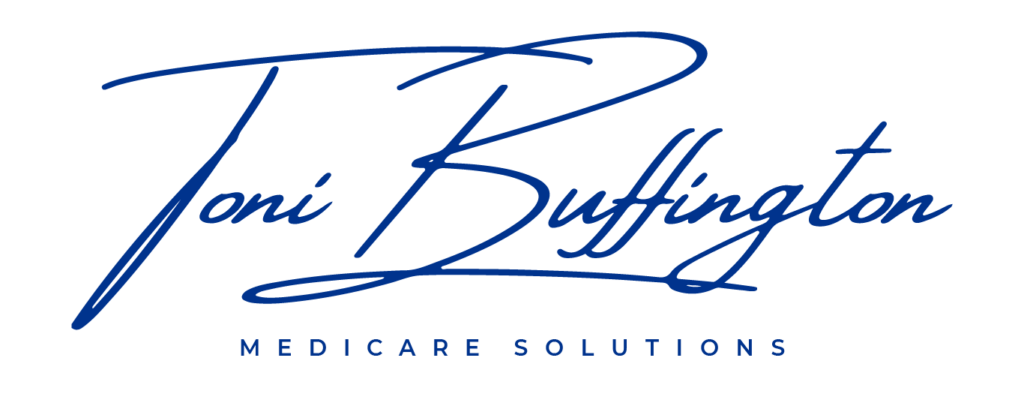Medicare and Medicaid both provide financial assistance for healthcare expenses to eligible individuals. However, there are several differences between the two. Here are the four main differences you need to know.
Eligibility
Medicare is a federal program available to anyone 65 years or older, regardless of income or assets. It is also available to people under 65 with certain disabilities or who have been diagnosed with end-stage renal disease.
On the other hand, Medicaid is a joint federal and state program available to individuals and families with low income and limited assets. The income and asset limits vary by state, but generally, Medicaid is available to individuals who earn less than 138% of the federal poverty level. Medicaid is also available to specific groups of people, such as pregnant women, children, and people with disabilities, regardless of their income.
Coverage
Another significant difference between Medicare and Medicaid is the types of coverage they offer. Medicare has four main parts: Part A, Part B, Part C, and Part D. Part A covers inpatient hospital care, skilled nursing facilities, hospice care, and some home health services. Part B covers medical services, including doctor visits, outpatient care, and preventive services. Part C, also known as Medicare Advantage, is a private insurance plan that covers all the benefits of Parts A and B, as well as additional benefits, such as prescription drugs and vision and dental coverage. Part D covers prescription drugs.
Conversely, Medicaid covers a broader range of healthcare services, including inpatient and outpatient hospital care, doctor visits, laboratory, and diagnostic services, home health care, nursing home care, and preventive services. Medicaid also covers some dental, vision, and mental health services.
Payments
Medicare and Medicaid have different payment structures for healthcare services. Medicare beneficiaries are responsible for paying deductibles, premiums, copays, and coinsurance for their healthcare services.
Medicaid is a managed-care program, meaning beneficiaries are enrolled in a health plan that contracts with the state to provide healthcare services. Medicaid beneficiaries may be responsible for copays for some services, but generally, Medicaid pays the healthcare provider directly for the services provided.
Enrollment
Medicare beneficiaries must enroll in the program during specific enrollment periods, or they may face higher premiums and late enrollment penalties.
Medicaid beneficiaries can enroll in the program at any time. The state determines Medicaid eligibility, and individuals must apply through their state’s Medicaid agency or the Health Insurance Marketplace.
Navigating Medicare with the Right Help
When it comes to Medicare, you have to start somewhere — why not here? Toni Buffington Medicare Solutions will make your coverage simple. Call (918) 902-2304 or fill out our form to get started.

